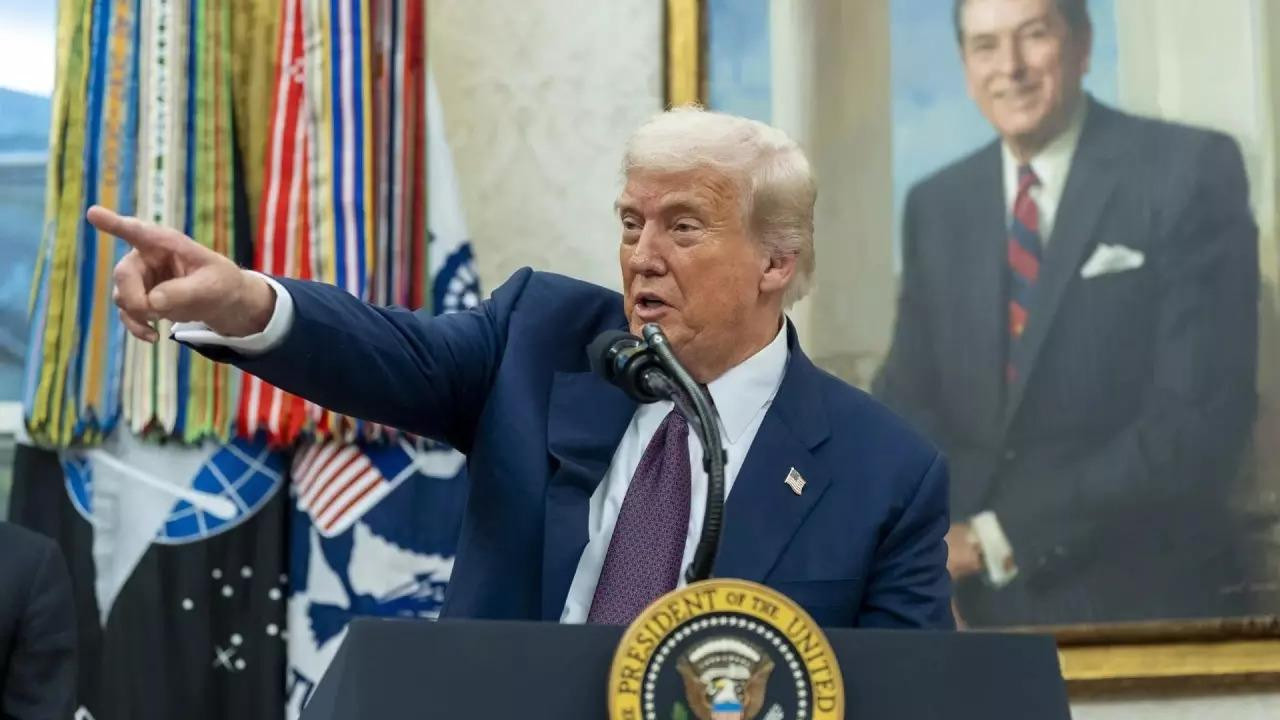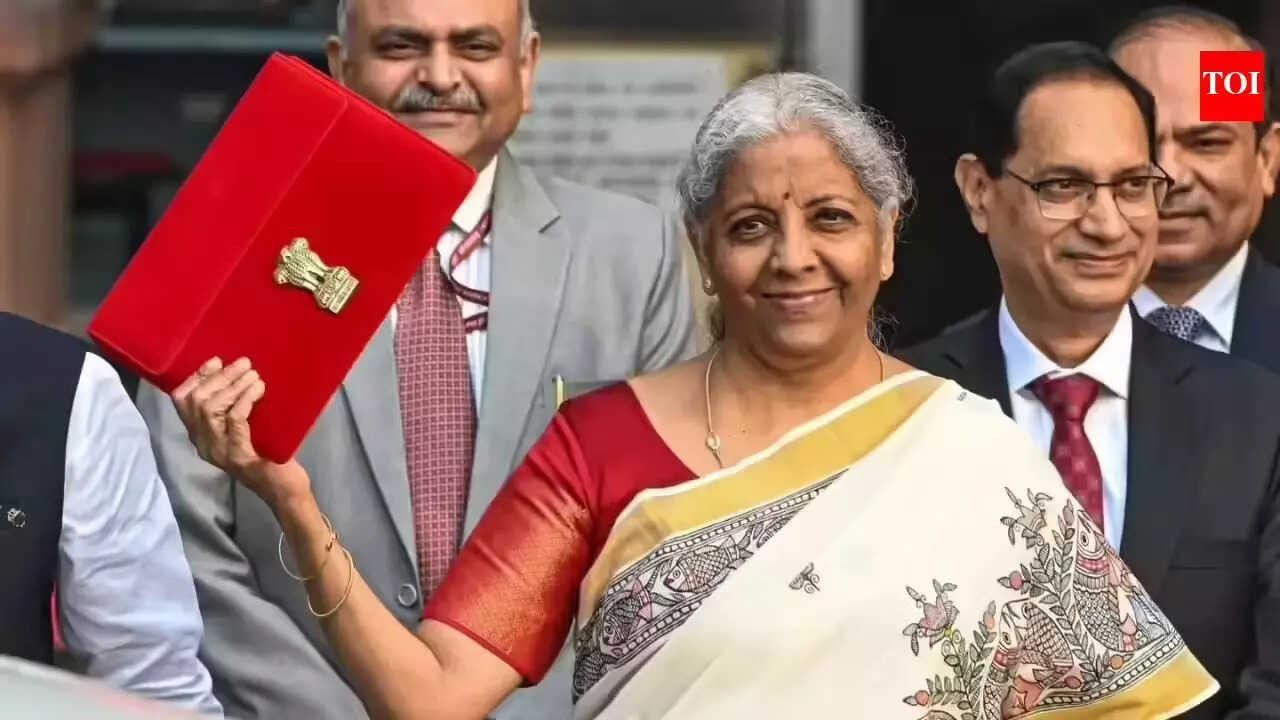India is emerging as a prominent medical tourism destination for NRIs, driven by significantly lower healthcare costs and expanding insurance coverage. Elective surgeries range from $2,000 to $15,000, while complex procedures cost between $20,000 and $40,000, coupled with affordable insurance options.
India: A Healthcare Haven Beckoning NRIs Home
For decades, Indians living abroad, particularly NRIs (Non-Resident Indians), have looked to their adopted countries for cutting-edge medical care. But a fascinating trend is emerging – a “reverse medical tourism,” with NRIs increasingly choosing India for their healthcare needs. What’s driving this shift, and what does it mean for India’s healthcare landscape?
The answer, in short, is a compelling combination of affordability, quality, and a growing sense of familiarity. The rising cost of healthcare in countries like the United States and the UK has made India an incredibly attractive alternative, even when factoring in travel expenses. This is especially true for procedures that may not be covered, or are only partially covered, by insurance plans abroad.

The Allure of Affordable Care
The financial benefits are undeniable. A knee replacement, for instance, which might cost upwards of $40,000 in the US, could be performed in India for a fraction of that price – sometimes as little as $7,000–$10,000, including accommodation and other related expenses. Similarly, complex cardiac surgeries or advanced cancer treatments are significantly more budget-friendly in India. This substantial cost difference allows NRIs access to procedures and treatments they might otherwise struggle to afford, or would have to wait extended periods for, in their countries of residence. The emergence of specialized affordable care packages targeted specifically at NRIs further sweetens the deal.
Quality and Accreditation: India’s Healthcare Ascendance
It’s not just about cost, though. The perception of quality in Indian healthcare has undergone a significant transformation. Many Indian hospitals, particularly those in major metropolitan areas, have invested heavily in state-of-the-art technology and infrastructure. They boast internationally accredited certifications like JCI (Joint Commission International) and NABH (National Accreditation Board for Hospitals & Healthcare Providers), signaling a commitment to global best practices. Furthermore, a large pool of highly skilled and experienced doctors, many of whom have trained or worked abroad, contribute to the overall quality of care.
This combination of advanced facilities and qualified professionals offers NRIs the reassurance that they are receiving treatment that rivals, and in some cases exceeds, what they might find elsewhere. The increased accessibility of specialized medical treatments also contributes heavily to the quality of care.
The Role of Insurance in Making India Accessible
Insurance companies are also playing a crucial role in facilitating this trend. Several companies now offer policies specifically designed for NRIs seeking medical treatment in India. These policies often cover a wide range of procedures and treatments, making Indian healthcare even more accessible and affordable care for those living abroad. Some insurers even provide concierge services to assist NRIs with travel arrangements, accommodation, and appointment scheduling, simplifying the entire process. This is also partly due to the growth and influence of global insurance companies in the Indian market.
A Cultural Connection and Familial Support
Beyond the financial and quality considerations, there’s a deeper, more personal dimension to this trend. For many NRIs, returning to India for medical treatment offers the opportunity to reconnect with their roots and be surrounded by family and friends during a challenging time. The familiar language, cuisine, and cultural environment can provide a sense of comfort and support that is often lacking when undergoing treatment in a foreign country. This emotional support system can significantly contribute to the healing process and overall well-being. Check out our article on [Mental Wellness for the Indian Diaspora](link-to-related-article) for more on this topic.
The Future of Reverse Medical Tourism
The trend of NRIs seeking healthcare in India is likely to continue its upward trajectory. As India’s healthcare infrastructure continues to improve and insurance options become more readily available, more NRIs will be drawn to the country for their medical needs. This presents a significant opportunity for Indian hospitals and healthcare providers to further develop specialized services and packages tailored to the specific needs of this growing market. It also presents an opportunity for India to solidify its position as a global healthcare destination, attracting patients from other countries as well. The key is focusing on maintaining high standards, embracing technological advancements, and delivering compassionate, culturally sensitive care.
In conclusion, India is fast becoming a preferred choice for NRIs seeking affordable care without compromising quality. A confluence of factors, including cost-effectiveness, internationally accredited hospitals, skilled medical professionals, supportive insurance policies, and a strong cultural connection, is fueling this reverse medical tourism boom. This shift underscores the increasing sophistication and accessibility of India’s healthcare system and its rising prominence on the global stage.







